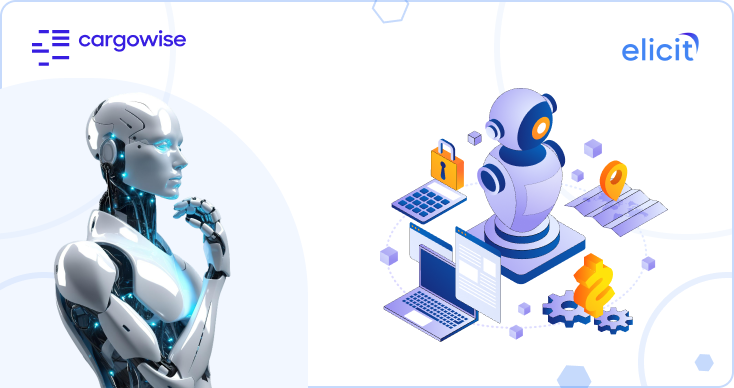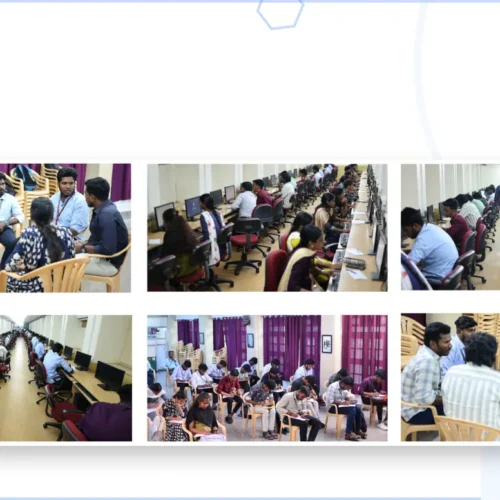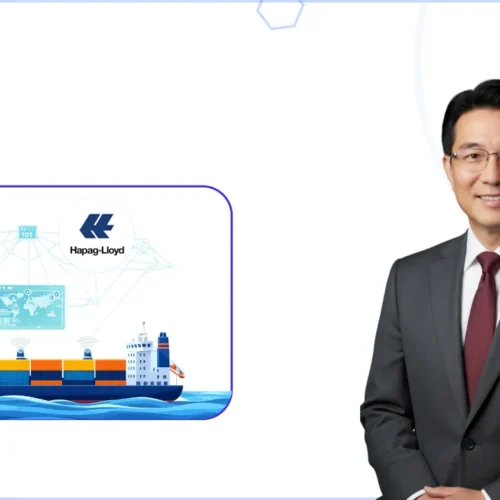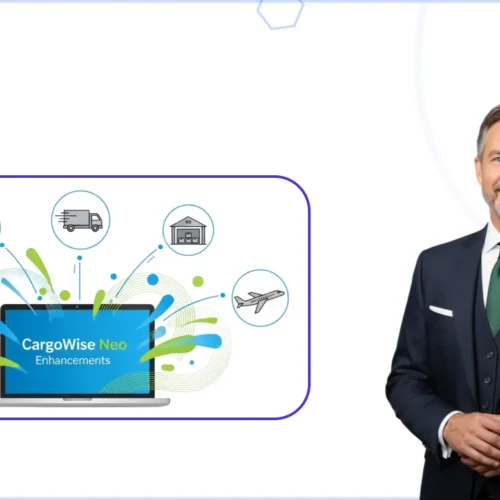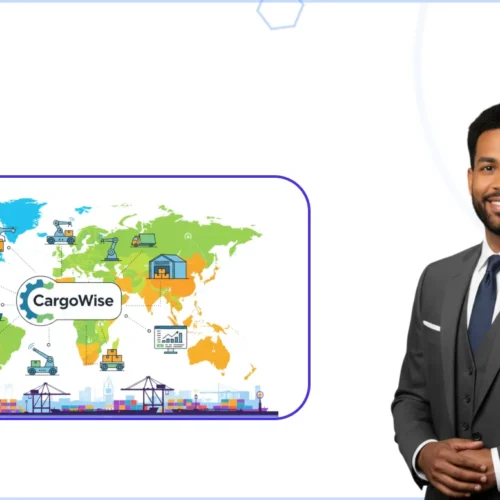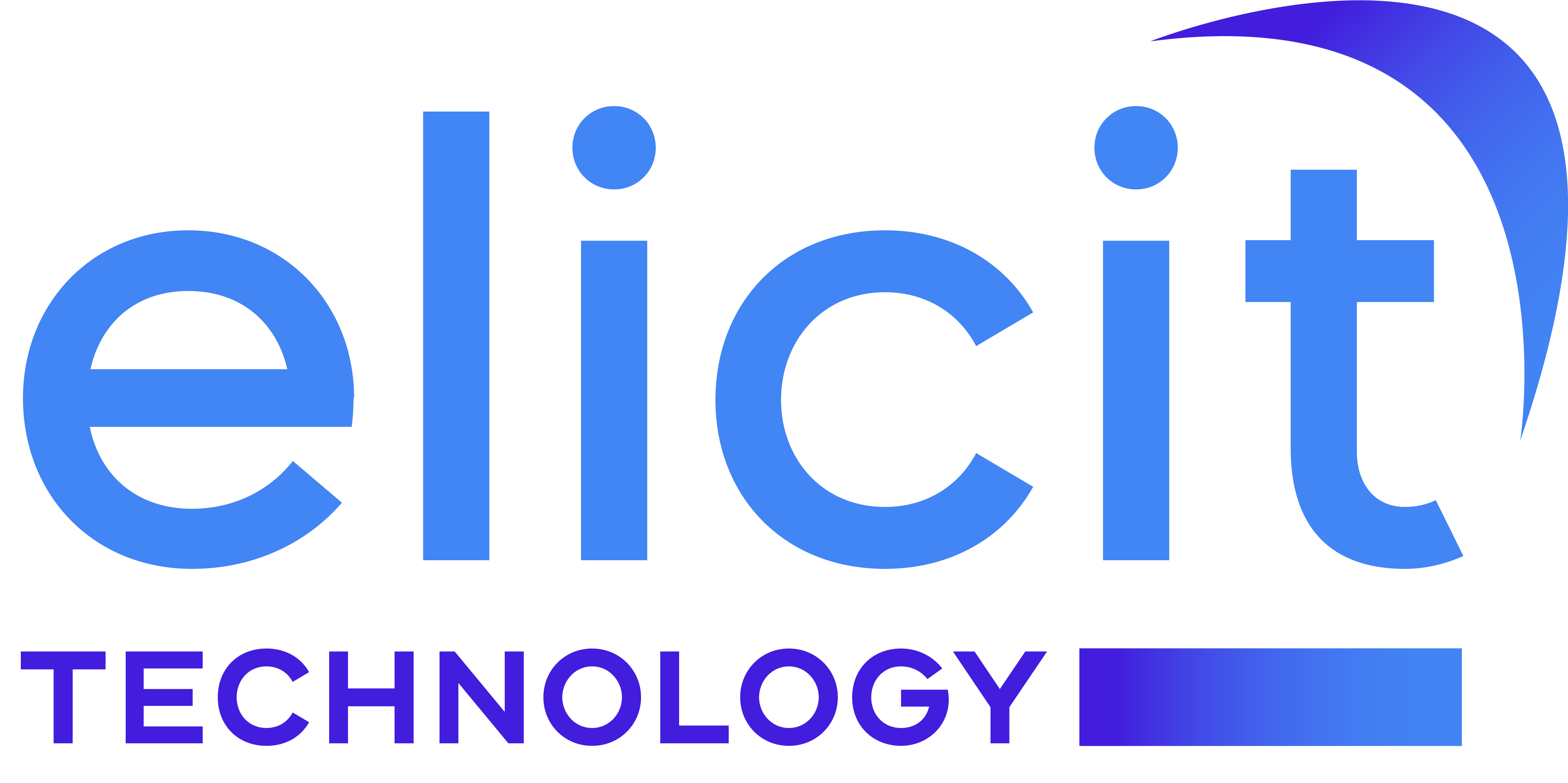Introduction
Customs clearance is an important procedure in the process of buying and selling of goods between different countries, which entails compiling and submitting various necessary documents to the customs authorities. This is important since any delay incurred with customs can greatly affect the cost and the supply line.
Introducing Robotic Process Automation (RPA) – a new technology that replicates traditional jobs, improves efficiency, and accelerates results. RPA is crucial for expediting customs clearance as it helps eliminate time-consuming clerical work, and minimize the risks of errors and non-adherence to the rules.
Challenges in Customs Clearance
Manual Data Collection and Input
One of the most crucial issues concerning customs clearance is data entry and its handling manually. This process is exhaustive and requires a lot of time; there is always a congestion of efforts.
Potential to be Wrong Often
Errors usually creep in during manual data entry which are fatal in compliance with rules and regulations and may lead to fines. These errors also have an impact on the customs clearance time for imported goods.
Disruptions and Impacts on Efficiency
The physical examination and checks that have been used in the traditional customs clearance process are tiresome and time-consuming. These delays are costly to organizations as they affect the supply chain for end products and services.
Limited Visibility and Tracking
Lack of exposure and accountability issues make it difficult to track the status of shipments and guarantee timely handling. This lack of transparency can cause travel delays and ultimately, unhappy customers.
How RPA Mitigates Customs Clearance Concerns
Automating Repeated and Typical Tasks
RPA is mostly implemented to handle routine and rule-based operations such as data input, document checking, and customs declaration. By doing so, it helps to reduce the time and effort that is needed for the completion of these particular tasks considerably.
Increased Efficiency and Minimized Mistakes
With the use of RPA, there are no errors made by humans hence it guarantees the accuracy of the data processed. This is particularly important to ensure compliance with customs requirements and to avert fines and other regrets.
Increased Capacity and Output
Unlike humans, RPA does not have off days or require rest, which makes it possible to process customs documentation around the clock. This capability improves productivity, which in turn equates to faster clearance times.
More Focus on Visibility and Tracking
Customs clearance status updates are also visible in real-time through RPA. Such openness helps in tracking milestones and responding to challenges on time hence delivering goods within the expected time.
Implementation and Integration
Interfacing with Other Systems and Business Processes
One approach to the adoption of RPA is to ensure that it is integrated with existing systems in the organization. This integration is critical to enable the RPA bots to capture and analyze data from across the different sources.
Data Mapping and Migration
It is important that the data is properly mapped and migrated when implementing RPA. These steps include data identification and data extraction; this ensures that the bots work with the right data and information.
Training and Support for Users
Ensuring users can work with RPA tools effectively requires both training and assistance. Ensuring a seamless transition and optimizing the advantages of Robotic Process Automation (RPA) requires providing thorough training and continuous assistance.
Sustaining and Updating for the Best Efficiency
RPA systems require ongoing maintenance and monitoring in order to function at their best. Updating and improving RPA bots on a regular basis helps to solve problems and expand their capabilities. After knowing the advantages of RPA let’s explore Elicit Technology’s RPA services and its benefits.
Elicit Technology’s CargoWise RPA Services
Purchase Orders
PO management in logistics involves a lengthy and risky process with many times manual handling taking time and resources affecting the supply chain. CargoWise RPA provides efficiency and eliminates mistakes in the purchase order. This helps increase procurement and optimizes supplier relations consequently guaranteeing stability and reliability.
Sales Orders
The most common mistakes in sales orders include shipping delays, wrong shipments, and unhappy customers. CargoWise RPA allows for low interference in the sales order process, cutting down on potential mistakes and increasing speed. This will enhance sales order processing time and accuracy, consequently enhancing customer satisfaction and inventory management.
Commercial Invoices
Manual processing of commercial invoices results in several problems such as errors in calculations and slow customs clearance. CargoWise RPA has the ability to automatically create commercial invoices depending on trade specifications. This is because it is time-consuming to go through customs formalities and it also exposes the company to penalties and fines.
Packing Lists
Manual generation of packing lists is a very time-consuming process and can also involve many mistakes. CargoWise RPA helps generate packing lists and this increases the efficiency of packing and reduces shipping errors. This has the advantage of minimizing human errors and generally improving efficiency in the shipping process.
Bill of Lading
Some of the pitfalls that arise from the Bill of Lading (BOL) include: For optimal BOL creation and management, CargoWise RPA guarantees compliance. Automating this aspect helps to minimize mistakes, quickens the process of shipping, and improves legal requirements.
Invoices
Manual methods of invoicing are slow and can cause long breakdowns in the payment process. With CargoWise RPA, invoicing is automated and documents are created with little error, allowing for better financial health and less work.
Conclusion
Integrating Robotic Process Automation (RPA) into customs-clearing processes is essential for obtaining faster, more efficient results. RPA automates repetitive activities, lowers errors, allows for real-time visibility, and assures compliance. Simplified CargoWise support and services results in cost savings, more customer happiness, and increased scalability.
Are you prepared to transform your customs clearance procedure? Accept the potential of RPA to improve customer satisfaction, cut expenses, and simplify processes. Get in touch with Elicit Technology to find out how CargoWise RPA services can help you move further in supply chain operations.
